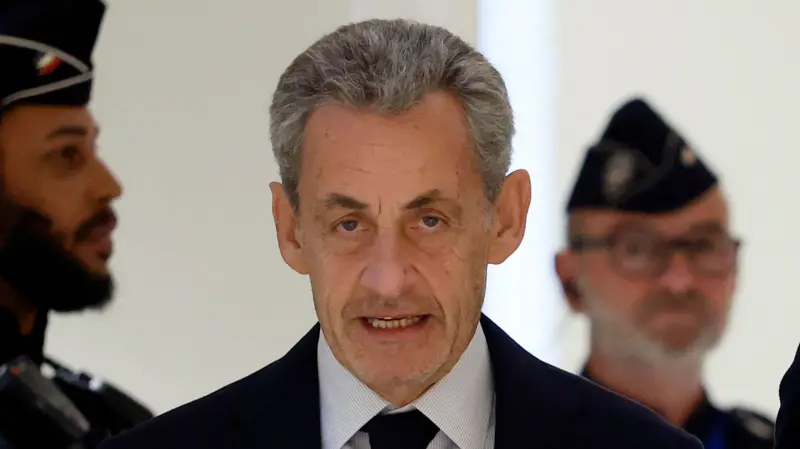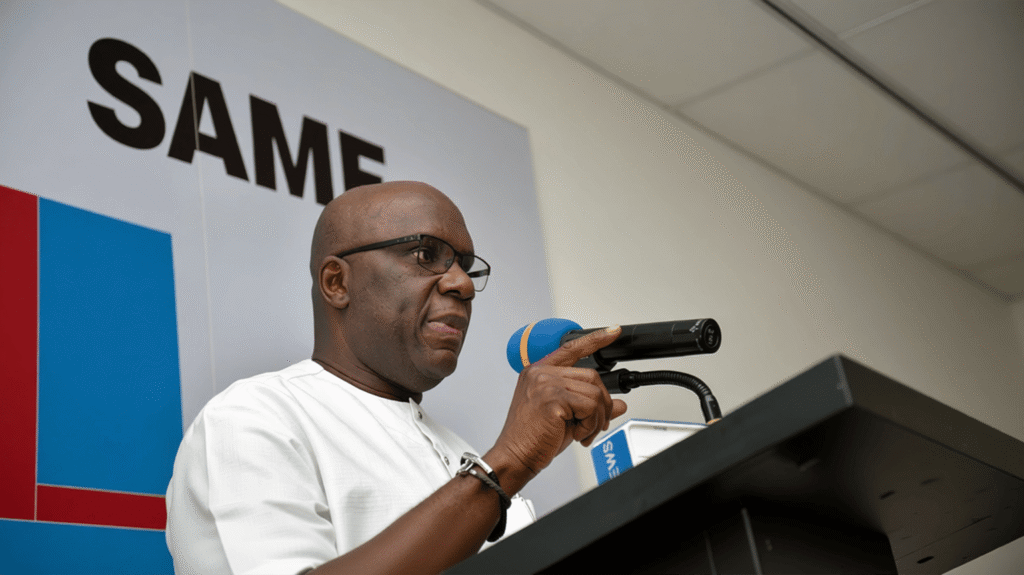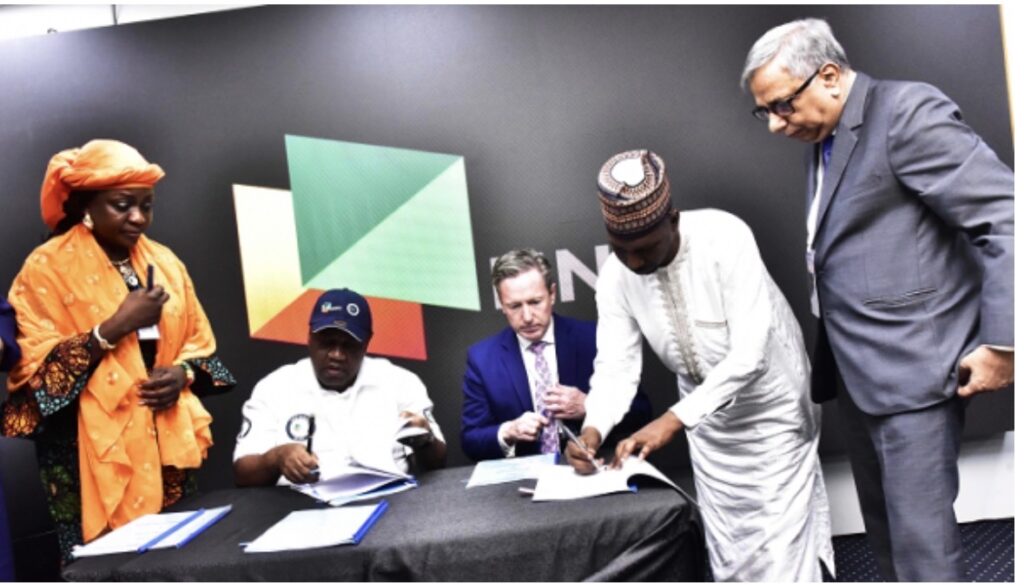Former French President, Sarkozy Jailed 5 Years Over Libya Funding Scandal

Former French President, Nicolas Sarkozy has been handed a five-year prison sentence after a Paris court found him guilty of criminal conspiracy tied to illicit financial dealings with late Libyan ruler, Muammar Gaddafi.
The court, however, cleared the 70-year-old of other allegations, including passive bribery and unlawful campaign financing.
Despite his plans to appeal, the ruling requires Sarkozy to begin serving his sentence, making him the first ex-French leader to potentially face prison time.
Delivering the judgment on Thursday, Judge Nathalie Gavarino stated that Sarkozy allowed his close allies to approach Libyan officials in search of financial backing for his 2007 presidential campaign.
Still, the court concluded that prosecutors had not provided sufficient proof that Sarkozy himself received the illegal funding.
In addition to the prison term, the former president was ordered to pay a €100,000 fine. The announcement shocked those present in court.
Speaking afterward, Sarkozy denounced the decision as a “serious blow” to justice and insisted the proceedings were politically driven.
“If they want me to sleep in prison, I will, but I will do so with dignity,” he told reporters outside the courthouse.
The case stems from a probe launched in 2013, after Saif al-Islam, Gaddafi’s son, accused Sarkozy of accepting millions from Libya to secure his 2007 election victory.
A year later, businessman Ziad Takieddine claimed to have documents proving that Tripoli provided as much as €50 million to Sarkozy’s campaign.
Other high-profile figures were also implicated. Sarkozy’s former interior minister Claude Guéant was convicted of corruption-related offences, while fellow ex-minister Brice Hortefeux was found guilty of conspiracy.
Meanwhile, Carla Bruni-Sarkozy, the former president’s wife, faces separate charges of tampering with evidence and aiding fraud — accusations she strongly denies.
Sarkozy has faced a series of legal setbacks since leaving office in 2012. He is already appealing a separate one-year sentence for campaign overspending in 2012 and was convicted in 2021 of attempting to bribe a judge, for which he was allowed to serve his term under house arrest with an electronic bracelet.
The latest ruling marks another dramatic chapter in the legal battles of the former French leader, once seen as one of Europe’s most influential political figures.









